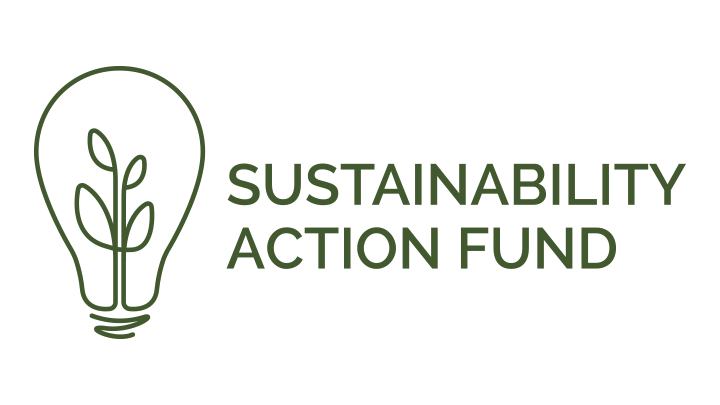The Sustainable Energy Harvesting Research Project (hereby, SEHRP), is a six month research project revolving around ultra-low voltage energy harvesting from renewable biological resources such as algae and anaerobic mud (swamp sludge, soil, waste products). The project will be undertaken by four undergraduate research students. The group formed the project out of a discussion pertaining to environmentally damaging electronic batteries such as lithium poly ion cells, which result in ecosystem destruction and contamination through mineral extraction, deforestation, and toxic disposal practices.
The primary focus of the study will use microbial fuel cells (MFCs) as a template for renewable energy harvesting. These fuel cells consist of mud and water, producing upwards of 600mv of energy every second. Because of their low energy output, they require special harvesting apparatuses that store energy for use by electronic devices, which often range between 3.3v-5v. The MFCs produce energy through the decomposition of organic materials, which opens additional doors to using waste products as energy through natural decomposition. The anaerobic bacteria within the mud digest matter, releasing a constant supply of protons. A salt bridge allows the ions to flow through a pressurized water cell and are harvested through carbon based electrodes. Because the compounds in the mud are exhaustible, one would have to refill the mud cells periodically. SEHRP aims to build such cells that do not require human intervention, which our research plans to accomplish by using algae as a renewable medium for proton generation.


